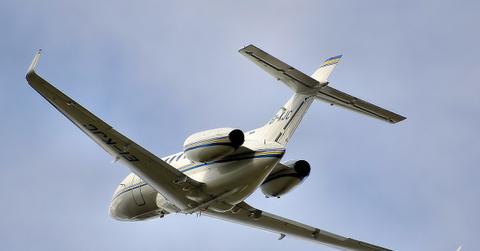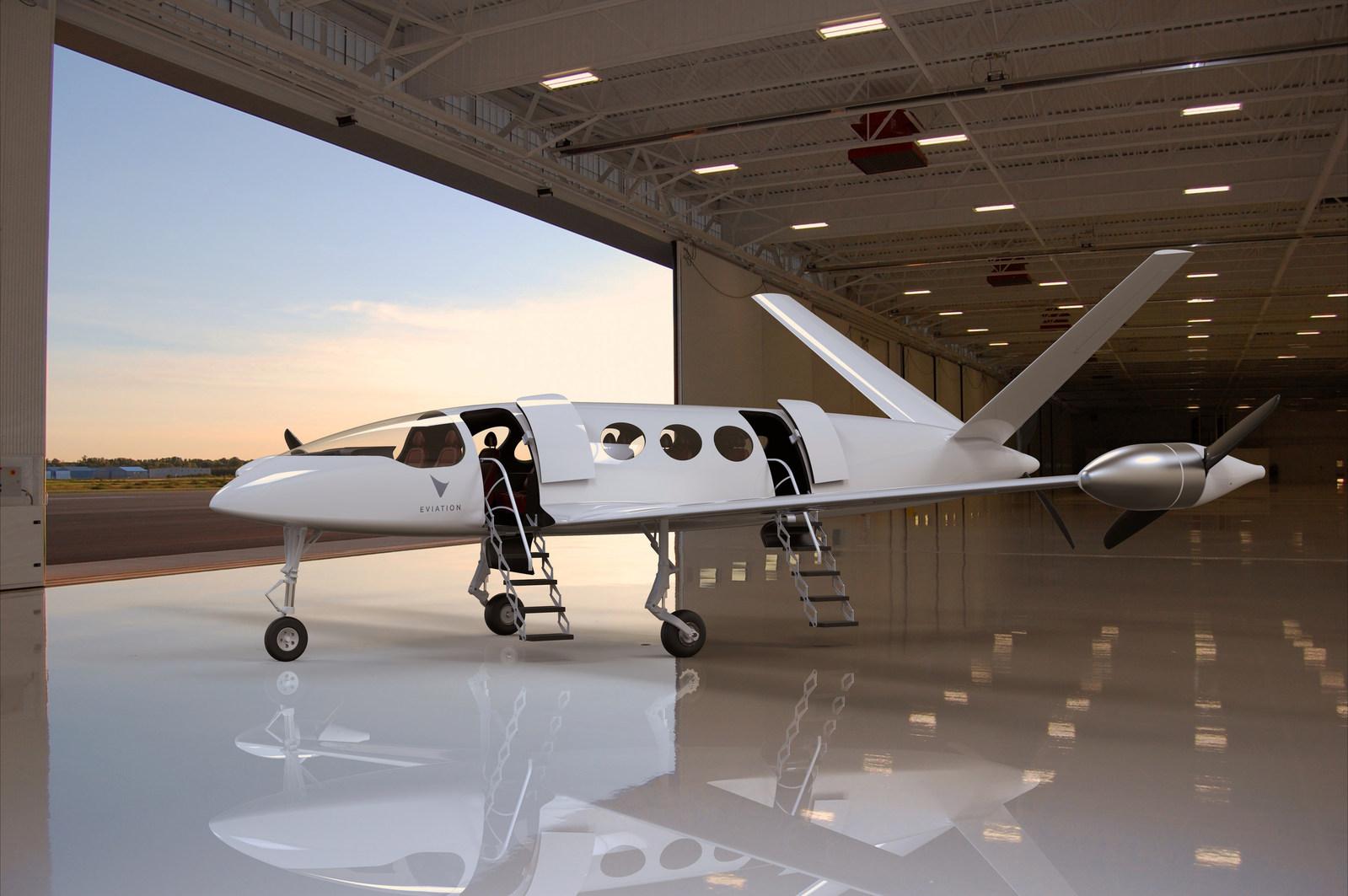Paris Air Show Debuts Electric Aircraft With A Range Of 600 Miles
Airplanes are creating massive amounts of carbon dioxide emissions, but they aren't regulated due to how important flight travel is. Eviation Aircraft is hoping to create the first-ever electric plane that can travel long distances.
Updated May 24 2019, 4:19 a.m. ET
Cars are the most commonly blamed mode of transportation in terms of creating carbon dioxide emissions. It certainly deserves it as they can be up to 90 percent of the problem in urban areas, but not many are looking up at another culprit -- airplanes. That could change in the coming years after a prototype of an electric plane was revealed at the 52nd International Paris Air Show.
The average car will emit 20 pounds of carbon dioxide for every gallon it burns. Planes produce around 53 pounds of the chemical per mile they travel. However, there isn’t any regulation in the sky due to how much the world relies on flight travel. Without the possibility to limit the amount of planes, why not also make them an electric vehicle?
Eviation Aircraft is hoping to pave the way for future flights. Their first objective won’t be sending a large body of passengers like a common airliner would. Electrek reports that these initial planes, called the Alice Commuter, would fly anywhere from “six to nine passengers plus two crew on long distances.” They’ll be able to do that once certified, and that could happen as early as next year.
Omer Bar-Yohay, CEO of Eviation Aircraft, highlighted the benefits of the electric aircraft in a statement: “At a time when we are more connected than ever, our mobility options must adapt to reflect this new, efficient future...Whether it is a zero emissions, low-cost trip from Silicon Valley to San Diego, or Seoul to Beijing, our all-electric aircraft represents a chance for people to move with the speed and impact our global economy now demands."
Electric air travel has been tested out in limited doses before, but Eviation’s prototype is the strongest example of how close it’s becoming a reality. Battery technology has been holding up the process, but a new aluminum air battery created by Phinergy will be able to get the job done. Their website claims the difference is in their “metal-air energy systems freely breathe oxygen from ambient air, making the systems significantly lighter.” That new battery could provide a range of up to 600 miles on a single charge.
Since the first planes will be carrying less than double-digit passengers, Eviation could be working with companies like Uber to create smaller-scale transportation. The ride-hailing service has been looking at electric flying cars in the past and was hoping to make it a reality by 2020. Their process is to create vertical takeoff and landing (VTOL) flying vehicles that could travel anywhere from 20 to 60 miles. Slightly further into the future, Eviation is hoping to have their longer commercial flights going by 2021.

